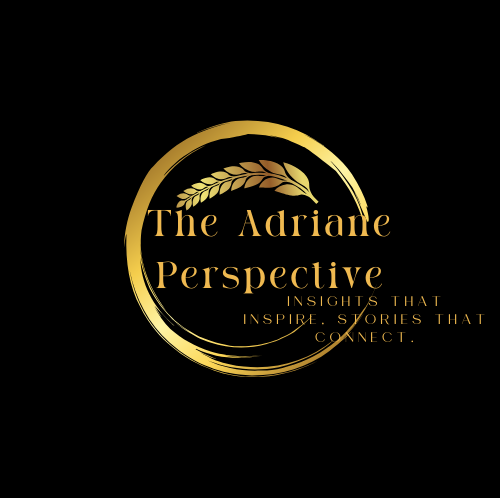The recently released House Ethics Committee report on former Representative Matt Gaetz unveils not only a pattern of abuse of power but also a disturbing narrative about how privilege intersects with exploitation, particularly affecting vulnerable women, including Black women. While the report doesn’t explicitly highlight race, the implications of economic disparity, systemic vulnerabilities, and power dynamics cannot be ignored in understanding how these situations disproportionately impact Black women and women of color.
A Story of Exploitation and Power Imbalance
At the heart of the report lies a series of allegations: sexual misconduct, statutory rape, illicit drug use, misuse of power, and obstruction of justice . These are not isolated acts but a reflection of how unchecked privilege can perpetuate cycles of exploitation. The women involved—many of whom were economically disadvantaged—found themselves entangled in transactional relationships where consent was clouded by financial dependence and social power imbalances .
For Black women, this reality hits especially hard. Economic disparity, unequal access to resources, and the societal over-sexualization of Black female bodies create a dangerous intersection where vulnerability can be exploited under the guise of “mutual arrangements.”
The Weaponization of Vulnerability
The report details how Gaetz used money, power, and influence to engage in sexual relationships with younger women, some of whom relied on financial assistance for basic needs like tuition . In one documented case, a woman expressed that she felt coerced into a sexual encounter because she urgently needed financial help .
These power imbalances echo larger societal issues. For Black women, who are often the face of economic struggle in America, the lines between choice and coercion blur when survival is at stake. The financial vulnerability Gaetz exploited mirrors a systemic failure to protect women from predatory power structures.
The Impact on Trust and Representation
When figures like Matt Gaetz, elected to serve and protect, are instead found guilty of exploiting those they were supposed to represent, it deepens existing distrust in political systems. For Black women—who are already underrepresented in political spaces and frequently sidelined in conversations about justice—the implications are even more severe.
• Who Protects Us? If those in power exploit rather than protect, where do vulnerable communities turn?
• Accountability in Politics: This case raises the question of whether justice truly applies to everyone, or if privilege shields certain individuals from facing full accountability.
• The Double Standard: Black women, often vilified for their survival tactics in similar financial arrangements, rarely see their stories framed with empathy or nuance.
Obstruction of Justice and Silence as a Weapon
Gaetz’s repeated obstruction of the Ethics Committee’s investigation serves as a reminder of how power can be wielded to silence victims and delay accountability . Women who came forward to testify faced fear, retraumatization, and dismissal, while Gaetz weaponized his political connections to evade responsibility.
This obstruction also silences the voices of women—some potentially Black—who might have wanted to speak their truth but feared the consequences. In a world where Black women are often not believed when they report harm, this silence is not just a pause in the conversation—it’s a deliberate act of erasure.
A Call to Action for the Black Community
The findings of this report are not just about one man’s misconduct—they represent a broader conversation about power, privilege, and the continued vulnerability of women, especially Black women, within political and societal systems.
1. Demand Accountability: Politicians must be held accountable for abusing their power, regardless of their position or influence.
2. Amplify Voices: When Black women speak up, their voices must be protected, amplified, and believed.
3. Economic Empowerment: Addressing economic disparities is key to reducing the vulnerability that predators exploit.
4. Representation Matters: More Black women in leadership roles mean more advocates who understand and fight against these systems of exploitation.
Final Thoughts
The Matt Gaetz report is not just about one politician’s misconduct—it’s a mirror reflecting how societal structures fail women, particularly Black women. It’s a reminder that unchecked power can, and will, exploit those who are most vulnerable. As Black women continue to navigate systems built without their protection in mind, this report serves as both a warning and a call to action.
In the words of Audre Lorde, “Your silence will not protect you.” Let this report not just be another headline but a rallying cry for change, justice, and a society where power cannot so easily exploit vulnerability.
